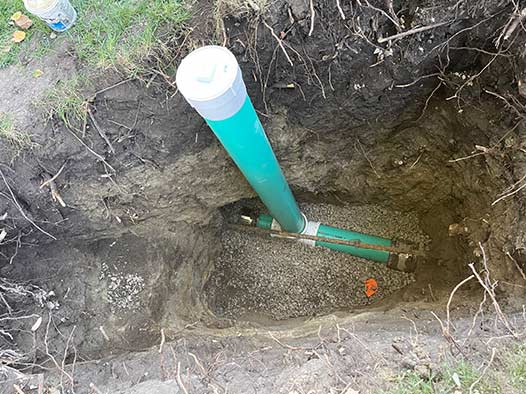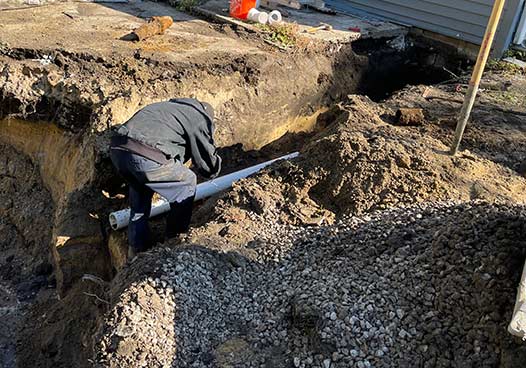
When faced with issues with your sewer system, it becomes crucial to make an informed decision on whether to opt for sewer repair or replacement. Both options have their own set of pros and cons, and choosing the right one can save you time, money, and headaches in the long run. Here we will analyze the advantages and disadvantages of sewer repair and replacement, helping you make an educated choice based on your specific situation.
Understanding Sewer Repair
Sewer repair is a less invasive and typically more affordable option when compared to full sewer replacement. It involves identifying and fixing the specific problems within your existing sewer system, without the need for extensive excavation or replacement of the entire system.
One of the major advantages of sewer repair is the cost-effectiveness. Repairs can often be completed quickly and without major disruption to your property. In addition, sewer repair allows you to address issues promptly, preventing further damage and potentially more expensive repairs down the line.
However, there are limitations to sewer repair. It may not be suitable for severely damaged or outdated systems. Repairing certain types of issues, such as collapsed or extremely deteriorated pipes, may only provide a temporary solution. In such cases, ongoing repairs may be required, increasing the overall cost over time.
Exploring Sewer Replacement
Sewer replacement involves completely replacing the existing sewer system with a new one. This option is typically chosen when the current system is beyond repair or if significant upgrades are necessary. While it is a more extensive process, sewer replacement offers several advantages in the long run.
The primary benefit of sewer replacement is the opportunity to upgrade and modernize your sewer system to meet current building codes and regulations. By opting for replacement, you can ensure that your sewer system functions optimally, reducing the risk of recurring issues and increasing its overall lifespan.
Another advantage of sewer replacement is the potential for increased property value. Upgrading your sewer system can be seen as a selling point, attracting potential buyers and providing peace of mind that they won’t face costly repairs in the near future.
However, sewer replacement comes with some drawbacks as well. The cost and time involved can be significantly higher compared to repairs. Extensive excavation is often required to access and replace the entire sewer system, which can cause disruption to your property and landscaping.

Making the Decision
When deciding between sewer repair and replacement, it is essential to assess the specific needs of your sewer system and consider your long-term goals.
If the damage is minor and localized, a small sewer line spot repair may be a suitable option. It can address the immediate issue without requiring major disruptions or incurring substantial costs. Regular maintenance and periodic repairs can help prolong the lifespan of your sewer system, provided that it is still in reasonably good condition.
Alternatively, if your sewer system is severely damaged, outdated, or nearing the end of its expected lifespan, it may be more practical to opt for replacement. While the initial investment may be higher, a new sewer system can offer greater reliability, reduced risk, and long-term cost savings.
It is worth speaking with a local plumber or sewer specialist who can assess the condition of your sewer system and provide expert advice tailored to your specific situation. Their expertise will help you make an informed decision and ensure that the chosen option aligns with your needs and budget.
In Summary
Choosing between sewer repair and replacement is a decision that requires careful consideration. Understanding the pros and cons of each option, and weighing them against your unique circumstances, will help you make a choice that best serves your needs. Whether you opt for sewer repair or replacement, taking preventive measures and scheduling regular maintenance will ultimately help extend the lifespan of your sewer system and minimize the likelihood of future issues.

